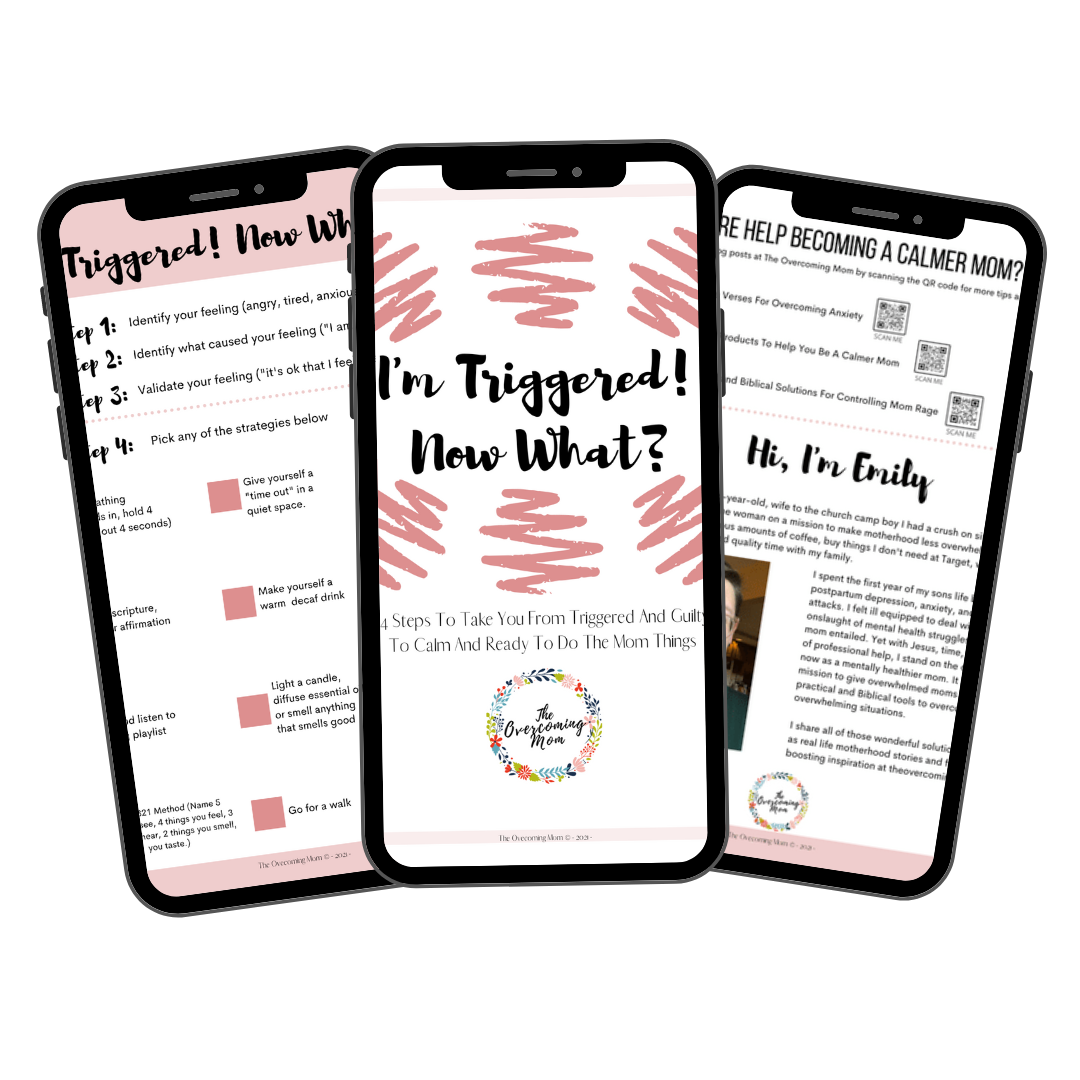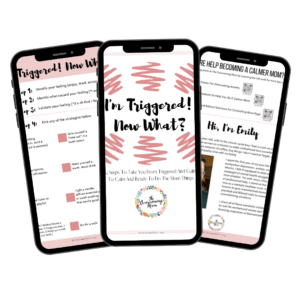This page may contain affiliate links. As an Amazon Associate I earn from qualifying purchases. If you want more information, please see my Affiliate Disclosure.

Caring for a spouse or loved one with anxiety can be incredibly challenging. As much as you love and care for your spouse, their struggle with anxiety can have the potential to create relationship problems. In fact, theres been many studies done that shows that anxiety disorders can lead to martial dissatisfaction. If you’re in this situation, it’s important to remember that your spouse or partner is doing the best they can—and that you are too.
Here are some tips on how to help your spouse manage their anxiety.


Educate Yourself About Anxiety
The first step in supporting your partner with their anxiety is to educate yourself about the condition. Learn what causes anxiety and how it manifests itself in different people and situations. This will give you a better understanding of why your spouse may be feeling anxious and how it affects them. It can also help you identify triggers and coping strategies that work for them so you can provide better support and care.
Here are some common anxiety symptoms to look out for:
- Feelings of dread or apprehension
- Frequently tense or jumpy
- Anticipating the worst, or consistently considering the “worst-case scenario”
- Perfectionistic tendencies
- Avoiding anxiety triggering situations, such as social gatherings or complicated decision making
- In some cases, panic attacks and anxiety attacks
Anxiety disorders can also have a number of common physical symptoms such as:
- Frequent digestive issues and stomachaches
- Increased heart rate
- Difficulty sleeping
- Lack of concentration
- Sweating
- Fatigue or weakness
It’s also important to note that there are a number of disorders that fall under the “anxiety” category, such as:
- Generalized Anxiety Disorder
- Panic Disorder
- Obsessive-Compulsive Disorder
- Post-Traumatic Stress Disorder
- Social Anxiety Disorder
- Phobia’s
At the end of the day, regardless of the type of anxiety that your partner struggles with, educating yourself is an excellent place to start.
An excellent resource to learn more about the particulars of anxiety is the National Alliance Of Mental Illness (NAMI) website.
Take Their Concerns Seriously
Even if your partner’s anxiety seem like a bit of a stretch to you, it’s not to them. People who struggle with anxiety have more than likely also been invalidated for it as well. Contributing to that feeling of invalidation can be incredibly unhelpful. Instead of trying to convince your spouse that their concerns aren’t a big deal, or making light of their anxiety, take it seriously. Even if the concerns they have don’t seem to be valid to you, they are valid to your spouse.
Your spouse isn’t trying to give you a hard time, they are having a hard time. Nobody who struggles with persistent anxious thoughts particularly enjoys it. I can guarantee you that they don’t want to burden you with their struggles. Don’t be a negative contributor to their struggle. Take it seriously.
Validate Their Feelings, And Be Generous With Reassurance
Anxiety can make a person feel overwhelmed, scared, or even ashamed. Letting your partner know that they are not alone in their struggles can help reduce these feelings of isolation and helplessness. Offer words of comfort and reassurance when they’re feeling anxious, letting them know that you’re there for them no matter what. Letting them know that things will get better can also provide much-needed hope during difficult times.
What can validating feelings sound like?
- “I hear you’re really concerned about that.”
- “It’s ok to feel that way.”
- “I’m here for you.”
- “What can I do to help?”
It’s also important to note that many married anxious people also struggle with persistent thoughts that their partner doesn’t love them or support them. So if your spouse likes to ask lots of questions or reassurance about the status of your relationship, don’t dismiss it. Answer it with kindness. Even if it’s the hundredth time you have told your spouse you love them, or you’re not angry with them, or whatever the concern is.
Encourage Healthy Habits And Self-Care
Anxiety can take a toll on physical and mental health, so it’s important to encourage healthy habits like regular exercise, proper nutrition, adequate sleep, mindfulness practices like meditation, etc.. Additionally, self-care activities such as taking up hobbies or engaging in leisure activities (like going out for coffee or reading a book) can also help boost mood and reduce stress levels associated with anxiety. Supporting your partner by encouraging these activities helps create an environment where they can focus less on their worries and more on self-improvement.
If your spouse is busy with things to do around the house, then make it a point to take some of that load off their plate. A heavy mental load, such as scheduling appointments for kids, keeping up with household chores, school pickups and drop offs, and other management needs can greatly contribute to anxiety. Make it a point to take some of that mental load off of your spouses shoulders, and in turn give them the space and encouragement to do something for themselves.
Set Boundaries
Unfortunately, anxiety can sometimes come off as frustration and aggression. Perhaps there’s been a particular day when tensions were high, and your spouse responded to you in an aggressive manner, or in an insulting or sarcastic way. In those instances, it is vital that you do not present yourself as a doormat. Just because you have an anxious spouse doesn’t mean they get to also be a potentially abusive spouse.
Setting healthy boundaries with your spouse can prevent the possibility of codependence, and it can also lesson the anxiety you may be experiencing as well. Remember that you are also an individual outside of your partner.
Support Them In Their Recovery
Being married to someone with a mental health condition may mean that you need to support them in getting professional help. Getting medical help for mental illness is one of the most important things you can support your spouse in. For many struggling with anxiety, making that move to finally see a therapist, or talk to their healthcare provider can be terrifying, and sometimes even demoralizing. Don’t add to that stress, instead, encourage them in their decision. Heck, even go to their appointments with them (with your partner’s permission, of course). Couples therapy can also be a great thing for married couples to participate in hen learning to manage anxiety together.
One of the most valuable things a personal with a mental health disorder can have when it comes to their recovery is a supportive partner. People who have a heathy support system when dealing with mental health struggles are much more likely to see improvements.
If you are interested in learning about the various types of therapy that can be used in the treatment of anxiety, the Anxiety and Depression Association of America has a wonderful page all about different treatment options that are out there.
Happy Marriages Are Possible, Even With Mental Health Struggles
You don’t have to be an expert on anxiety to be able to offer support to your spouse or partner who is struggling with it—all you need is love and understanding. Showing compassion towards someone suffering from anxiety goes a long way towards providing relief from the overwhelming symptoms associated with this condition. By educating yourself about anxiety, offering comfort and reassurance when needed, and encouraging healthy habits and self-care activities, you’ll be well equipped to handle whatever challenges come your way while caring for your spouse during difficult times.
Mental Health Resources
- National Institute of Mental Health – is the lead federal agency for research on mental health conditions. They offer lots of information and statistics on various mental illnesses, and they have a database of healthcare providers. They also have a suicide hotline and crisis hotline (Call 988 For the suicide and crisis hotline) , as well as free crisis text line (Simply text HELP to 741741.)
- Anxiety And Depression Association of America – has a wonderful site that provides lots of information about anxiety and depression, as well as various tools for receiving help.
- Betterhelp – Is an online therapy service that makes therapy accessible and affordable for all people. They have a huge database of therapist with many specialties, and offer many ways to participate in therapy. From online counseling, to over the phone sessions, they odder a plethora of ways you can get help from a therapist.
- Faithful Counseling – Is very similar to Betterhelp, but is a database of online Christian therapists. If you would prefer to receive therapy from a faith-based perspective, then this could be just for you.
- Brightside – offers online medication and therapy treatments for depression and anxiety. You can get an appointment with an online provider in as little as 48 hours, and each treatment plan is catered to your personal needs.









